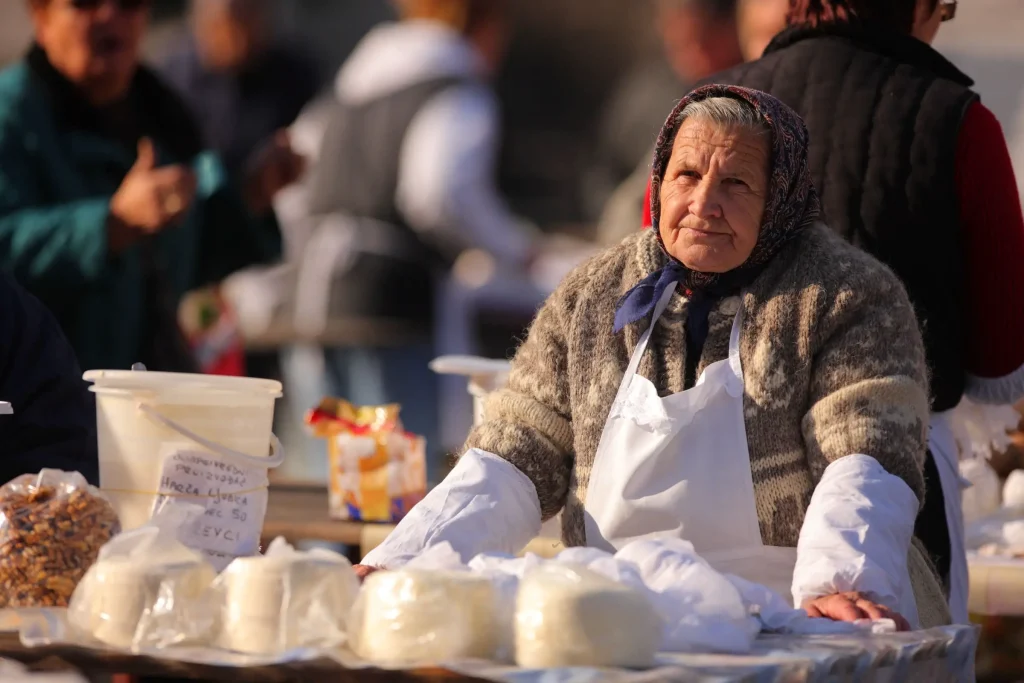As Poslovni Dnevnik writes, as of January the 1st, 2023, the lowest pensions will increase by a mere three percent, and a new model for the payment of family pensions will be launched in the country. The director of the Pension System Administration of the Ministry of Labour, Melita Cicak, pointed out that this is an additional increase, along with the regular adjustment of pensions, as reported by HRT.
“Beneficiaries of the lowest pensions will receive a pension that is higher than what they received during their working life,” Cicak said, emphasising that the lowest pension will be higher the greater the number of years of service worked. Stefica Salaj from the Union of Croatian Pensioners welcomed the increase in pensions, but said that it was still not enough for the often difficult lives of Croatian retirees struggling to make ends meet from month to month.
“All Croatian retirees, as we’ve been pointing out for a long time now, should have their pensions increased by 10.5 percent,” she added.
The president of the Social Democrats, Davorko Vidovic, said in no uncertain terms that he believes Croatian retirees will be worse off next year.
“Their pensions and the income they get each month will be lower, those amounts are going to be smaller. With this increase, it will be slightly less bad than it could be. And that’s it,” said Vidovic, stating that Croatian pension expenses are lower than the EU average.
Vidovic also said that this isn’t about social rights, but about something that belongs to earnings, which people have made by paying into the intergenerational solidarity system. However, HSU MP Silvano Hrelja said that “not all pensions have been earned”.
”278,000 of the lowest pensions haven’t been earned. These people receive one third more than they ever paid. This is the solidarity of all those who paid more, who could eventually have more, according to them, who were either simply not lucky, or didn’t want to pay themselves because they had the right to choose,” said Hrelja.
“We’d like to have a pension system like the one in Germany, not to pay contributions and take as much as we need from the budget,” he also said.
The new model for paying out family pensions was also discussed, and the topic of possible new price increases for care homes was also discussed. Vidovic said that he can understand the price increases because the costs of just about everything have increased, but that the local and regional self-government units and the state must help people who are in a state of existential threat.
Cicak said that the prices will not increase in the three care homes founded by the state itself, and she called on people to contact the social welfare centre and determine whether they’re entitled to help with their expenses if there is an increase in prices.
For more, make sure to check out our news section.











